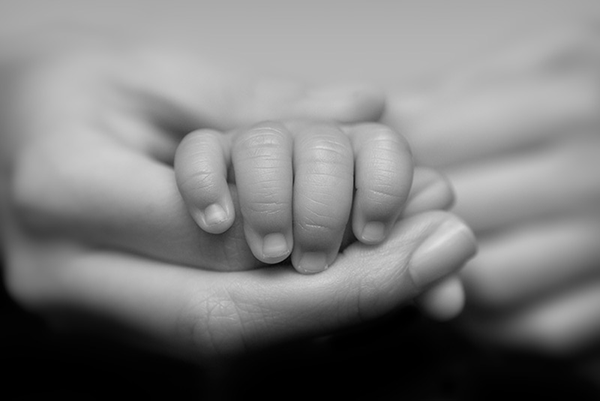
By Kate Weldon LeBlanc
May is Maternal Mental Health month, and I do not want it to end without RESOLVE New England (RNE) doing our part to help raise awareness. I think the most familiar maternal mental health term is postpartum depression (PPD), but “perinatal mental illnesses” is a more accurate term because many women experience mental health issues during pregnancy AND after birth. Of course, as our community knows all too well, the infertility journey also leads to many mental health challenges. In addition, depression is just one type of illness or symptom. Since RNE cares about ALL of this, we want to share information about maternal mental health. There is still is so much misinformation and stigma.
I believe that perinatal mental illnesses like PPD and postpartum anxiety are not discussed enough during pregnancy. This is unconscionable given that 15% of mothers will experience mental health challenges (and dads can too!). I can’t even remember PPD being mentioned during our childbirth preparation classes (so if it was mentioned, it was not memorable). And although there is a wide spectrum of symptoms and experiences, the pervasive images of “PPD” are the most extreme, tragic cases (which is typically caused by the more rare postpartum psychosis) or as “traditional” depression (picture crying all day and not being able to get out of bed). The latter IS the difficult reality for some that are struggling, but it is not at all the only or most common type of experience.
Unfortunately it might even be discussed less with people like myself that faced infertility than with other parents-to-be. I think people don’t want to “bring you down” when it has been so challenging to build your family. I get it to some degree, but it’s dangerous! Especially because some research has shown that infertility is a risk factor for perinatal mood disorders. This was shocking to me at first, because again the prevailing image of a deeply sad person did not align with how overjoyed I was to finally be pregnant. But as I have learned more about perinatal mood disorders, and namely after I experienced postpartum anxiety myself, the connection between infertility and maternal mental health actually made sense. Pregnancy and parenting after infertility can indeed be joyful but often also fraught with worry. This is part of why we–and others–offer pregnancy after infertility support groups.
One of my strongest beliefs in life is that a burden shared is a burden lightened. So, like we say all the time with infertility, you are truly NOT alone. If you are struggling with some of the symptoms described above during pregnancy or after childbirth, support and resources DO exist. Please reach out and let someone know that things don’t feel right to you.
